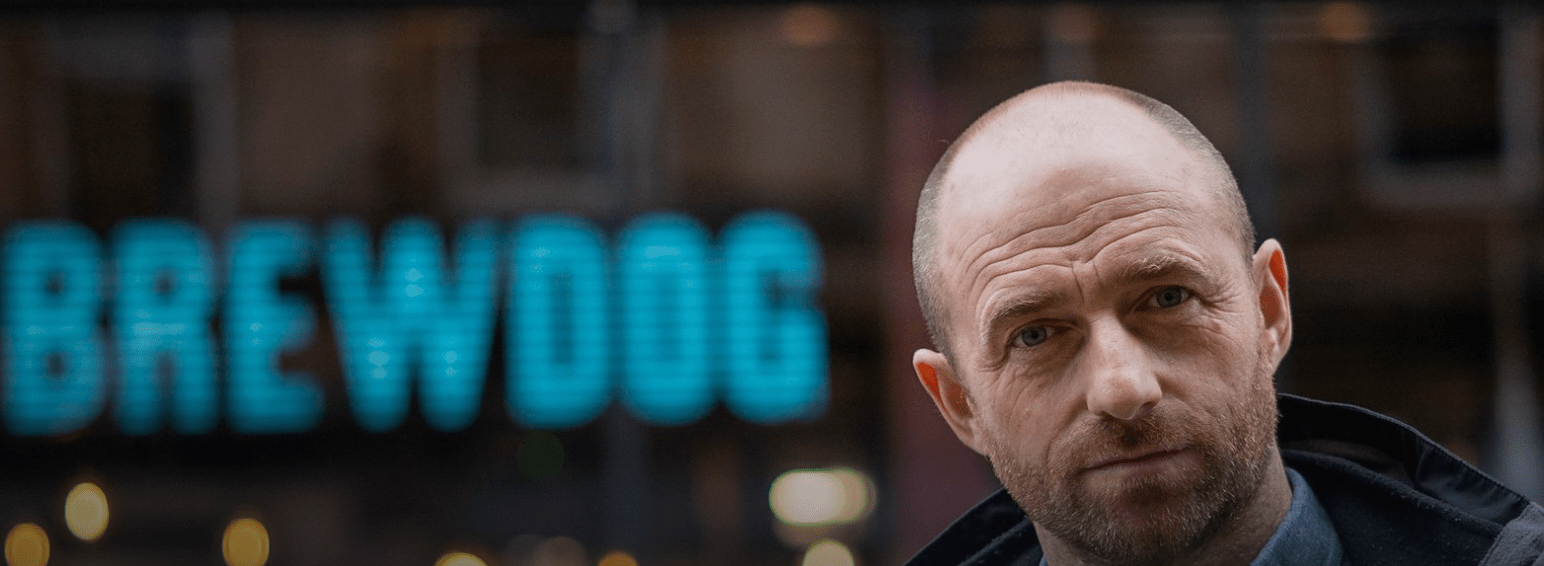By Mark Langabeer, Hastings and Rye Labour member
Now, I must confess, I’d never heard of Brewdog until watching the BBC Scotland documentary, Disclosure, on i-Player. It apparently is a brewery that markets itself as trendy and anti-establishment, its owner criticising the big corporations and in particular, the big brand names like Heineken.
The marketing appears to be aimed at the young and Brewdog founders, James Watt and Martin Dickie, are regarded as something like the ‘ rockstars’ of brewery adverts. Although no mention is made in the ads about the quality of the beer, we learn that they have off-the-wall names like ‘Punk IPA’ and ‘Pink Elvis’.
In fact, as the Disclosure programme showed, this ‘modern’ and trendy image is very superficial and what lies beneath the surface is a different kettle of fish altogether. The presenter of the programme, Mark Daly, examined the claim that Brewdog is ‘progressive’ and he clearly shows that the evidence suggests otherwise.
Brewdog claims, for example, that they take climate change seriously and that they had bought land for tree planting. In fact, as Daly reported, they have sought a grant of £1.3m from the Scottish Government for the project, so in effect, it is not the company, but Scottish taxpayers who are stumping up for the bill.
Daly pointed out that Brewdog has a loyal following, with over 200,000 customers having shares in the company, each share costing £25. This, amongst other things, apparently gives the share-holder a discount on the beer they buy. Daly described this as being similar to the loyalty cards used by many retailers, except in this case it is a ‘loyalty card’ you have to shell out for.
The company (ie Watt and Dickie) have sold a quarter of the company shares to a private equity business (TSG), netting them around £100 million. TSG will receive a bigger return on their investment than the small shareholders. The programme also reveals that Watt had £2 million salted away in a tax haven and, would you believe it, a shareholding in Heineken!

More importantly, the programme reported that the staff of Brewdog are treated little differently from many other companies and in fact, they are likely to be worse in so far as many of the bigger companies at least have workers who are in trade unions. Summary dismissals and being immediately escorted from the premises appear to be common practices at Brewdog, according to ex-employees.
The programme revealed that a letter, signed by over three hundred former employees and some existing staff, complained about a culture of bullying by senior management. A survey of staff suggested that little regard is given to the wellbeing and mental health of staff. A former woman worker at Brewdog said that the culture was also highly sexualized and she was often made to feel uncomfortable.
According to the programme presenter, unlike most British Breweries, Brewdog have ‘cracked’ the American Market, by securing sweetheart deals in bars at some locations. It was also said that they had no brewery facilities in the US, necessitating the import of their beer from Scotland. This has involved flouting rules, with regard to certain types of ingredients involved with the importation of beer in the USA.
But as it is in the UK, there is a culture of fear among staffers in the USA. A number of former staff claimed that Watt would appear at a bar with young women, who were intoxicated. In one case, Watt went to the roof of a bar and was ‘making out’ in view of security cameras. The programme suggested that Watt, as the CEO of the company, thrived on ‘chaos’ and ‘flouting the rules’, Watt responding that these allegations were simply gripes from disgruntled former employees and threatening the BBC with legal action.
One lesson from this very good documentary is that the idea that there are some good and some bad employers can be taken with a pinch of salt. The bosses of Brewdog are making big bucks from presenting an entirely false image that they are ‘progressive’. We know in reality that it is only when employers are faced with a well-organised workforce that is willing to use its collective strength, that they demonstrate anything like ‘reasonable’ behaviour.
Likewise, when the Tories, often echoed by Labour’s right-wing, claim they are acting in the ‘national interest’, they really mean they are acting in the bosses’ interests and not those of the majority of the population. Only when we have all the major companies collectively owned and controlled by the working class, can we really talk about a national interest.
The BBC Disclosure programme is still available on i-player, here.



